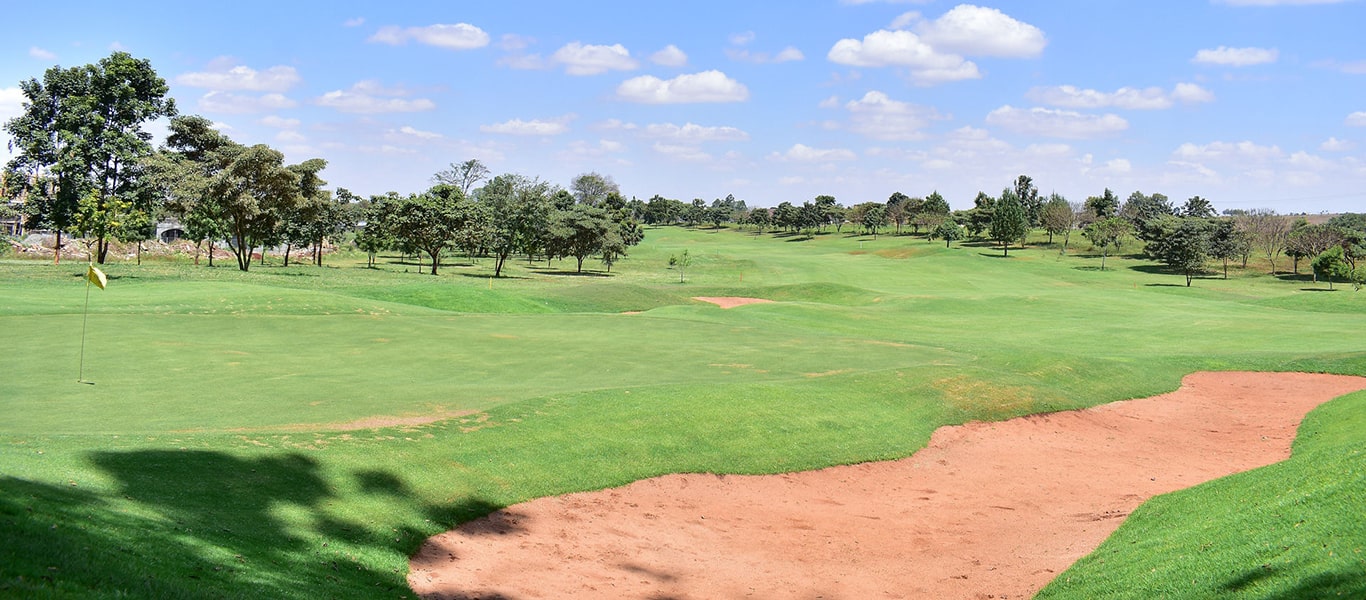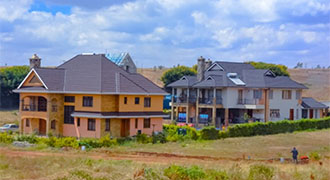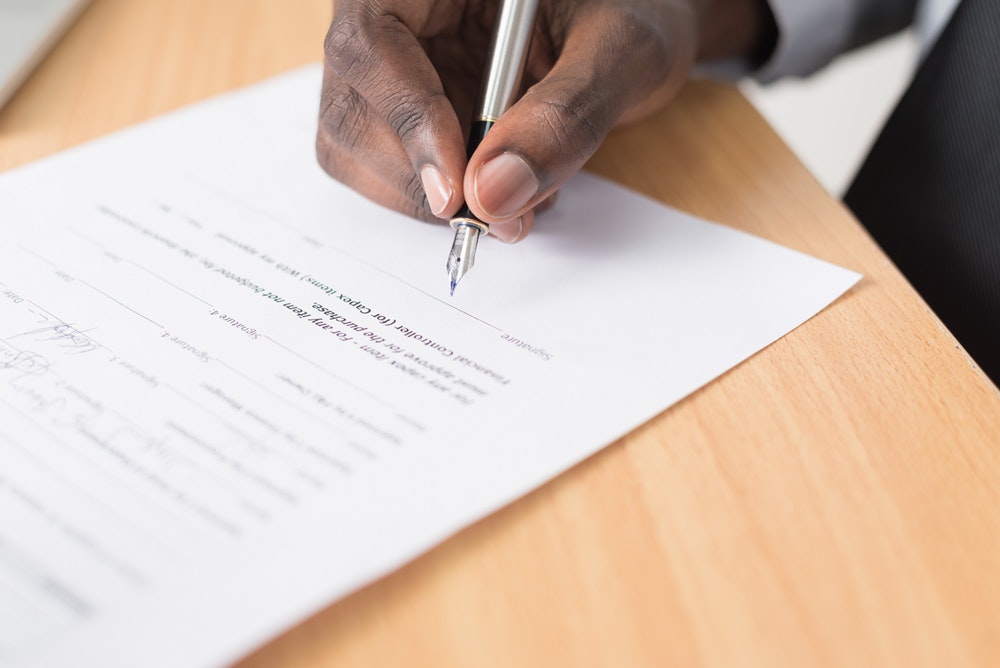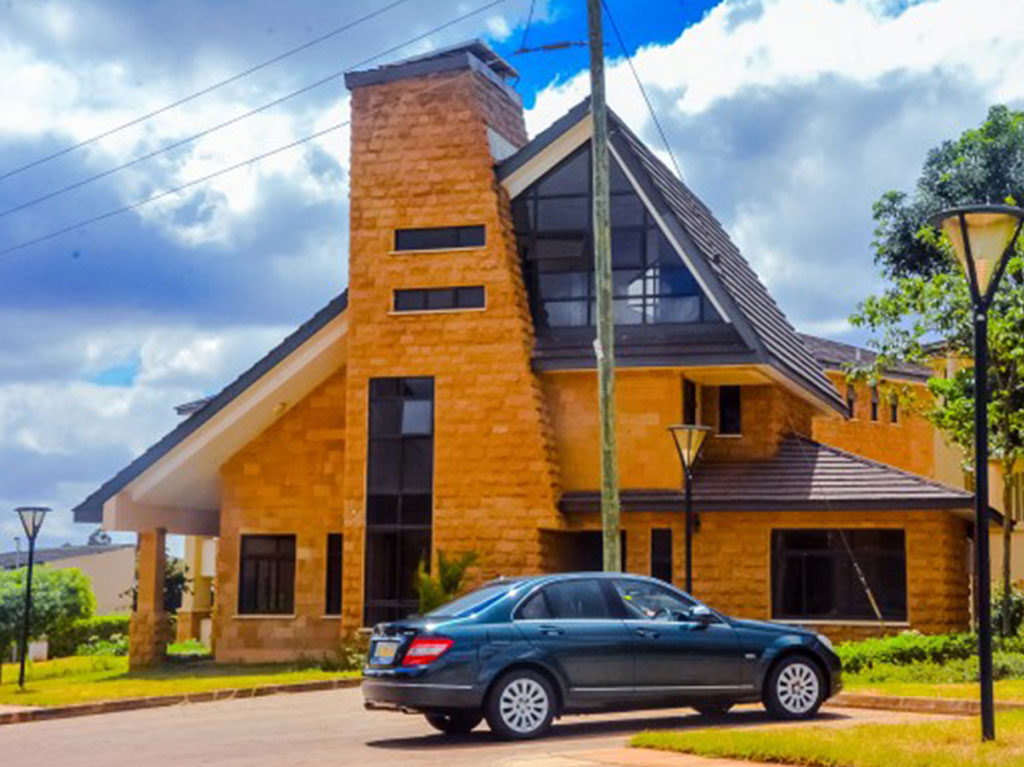
Land buying in Kenya is a tedious and tricky process. Many have burnt their fingers trying to procure land.
Buyers have fallen victim to conniving land brokers, corrupt land officials at the Ministry of Lands and at the hands of two-timing owners. Even the lawyers you are supposed to trust have been known to be manipulative and two-faced.
The good news is, the land buying process is now a straightforward process and you no longer have to deal with unscrupulous land brokers if you follow the right procedure. After you have identified the parcel of land you would like to purchase, your next stop should be at the Lands Registry, for a search. This helps to confirm the registered name of the land or property you want to purchase. When doing a search, ensure you have copies of the seller’s National ID plus a copy of the Title Deed. The search results take 24 hours and should have the names of the owner, as they appear on the person’s national Identity Card. The search also gives you the exact position of the land as well as the acreage. A search will typically set you back Kshs 500. After you are satisfied with the search results, it is time to engage an advocate who will help you draft a sale agreement that stipulates the mode of payment, the exact amount agreed and duration the two parties want the transaction to extend. “Legally, a property transaction must be completed within 90 days unless the two parties agree otherwise,” says Ayodo.
While some parties may agree to pay cash, others agree on paying a deposit, followed by installments, all depending on the preferences of the two parties. It is your advocate’s duty to check and ensure that land rent or rate has been paid before closing the deal. Land rent is payable to the Central Government, while Land
Rate is paid to the County Government. The Ministry of Lands, Housing & Urban Development gives a certificate of clearance to indicate that this is paid up. Ensure that after signing the sale agreement, the document is properly stamped to make it legally binding. Your next step is transfer of documents. You are required to fill a transfer form from the Ministry of Lands. Your advocate is supposed to prepare a transfer document, which the seller’s advocate should approve.
As a buyer, the documents you should expect from the seller include the original title deed, a copy of the seller’s certified ID, copies of their KRA pin certificate, three passport sized photos of the seller, land rent clearance certificate, rates clearance certificate as well as the consent to transfer form, the latter should have been signed by the seller. All these documents are to be taken to the Ministry along with the duly filled transfer forms. Stamp duty is the revenue paid to the government during a land transaction.
The buyer pays stamp duty to the Kenya Revenue Authority (KRA), whenever land changes ownership. Stamp Duty is paid when taking the transfer form to the Ministry of Lands. “In urban areas, the stamp duty is four per cent of the value of the land while in rural areas, the duty is two per cent of the land value,” says Ayodo. “After the transaction is complete, the title deed should return with the name of the buyer,” says Ayodo. The final process of a land transaction is the registration of the transfer documents in favor of the land buyer. While the process of buying land seems foolproof and straightforward, it is important to realize that fraudsters are always prowling for gullible buyers to con. “For instance, when they realize that Person X owns land in South C, they will make fake Identity Cards with Person X’s name and photograph. When the buyer asks for the ID, they will gladly give you the fake ID and the search results will come out with the name of the rightful owner.
You will only realize that you have been conned after the fraudsters take off with your money,” says Ayodo.
In most cases, fraudsters will insist that the buyer pays in cash. A smart lawyer will insist that the payment be through a banker’s cheque that is traceable, or through an electronic funds transfer. Fraudsters also work with people at the Ministry of Lands to alter names from the title deeds. You are highly advised to desist from purchasing land without a title deed. “A Title Deed shows that the land is registered and where it appears in the map of the Ministry of Lands,” says the advocate. You can buy land that has a lease and not a title deed, as most plots within town are leased. A lease can expire after 30 or 99 years depending on the arrangement. While a lease is renewable at the Ministry of Lands, a title deed shows absolute ownership. So how do you determine the validity of a title deed? The truth is, you cannot really determine the validity of a title deed, but if you went for a search and the Ministry gave you fake search results, then it will be up to the State to compensate you.










